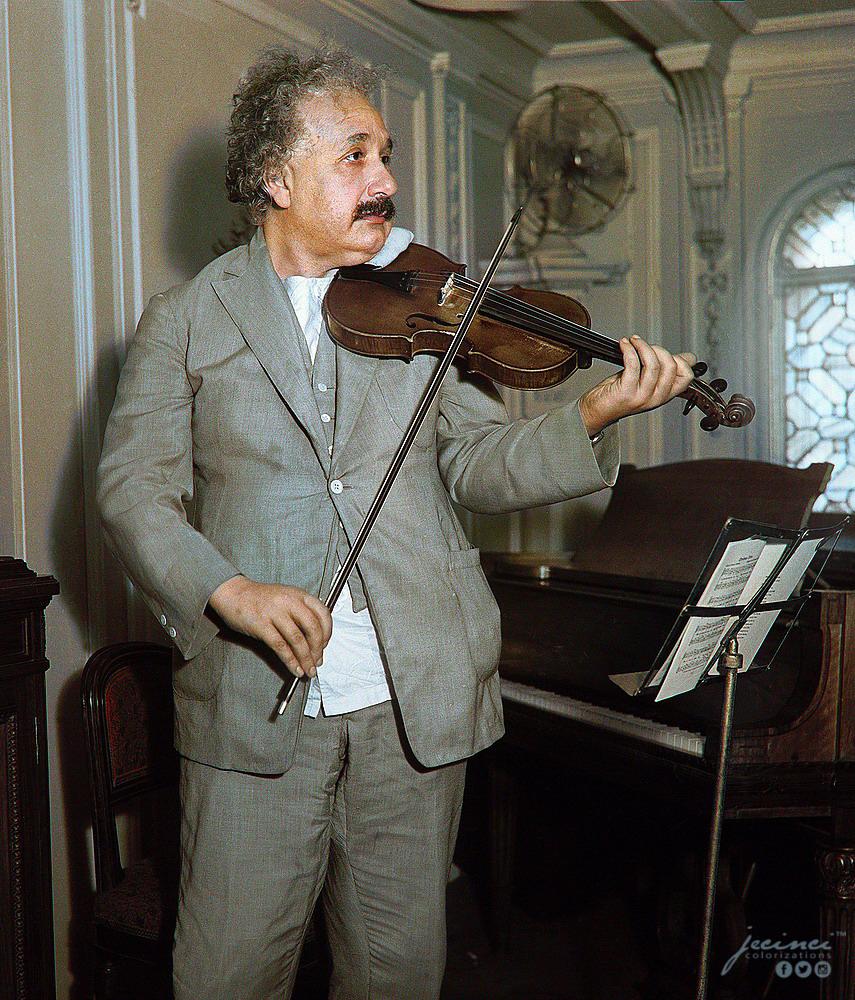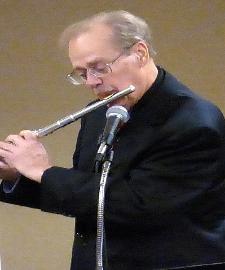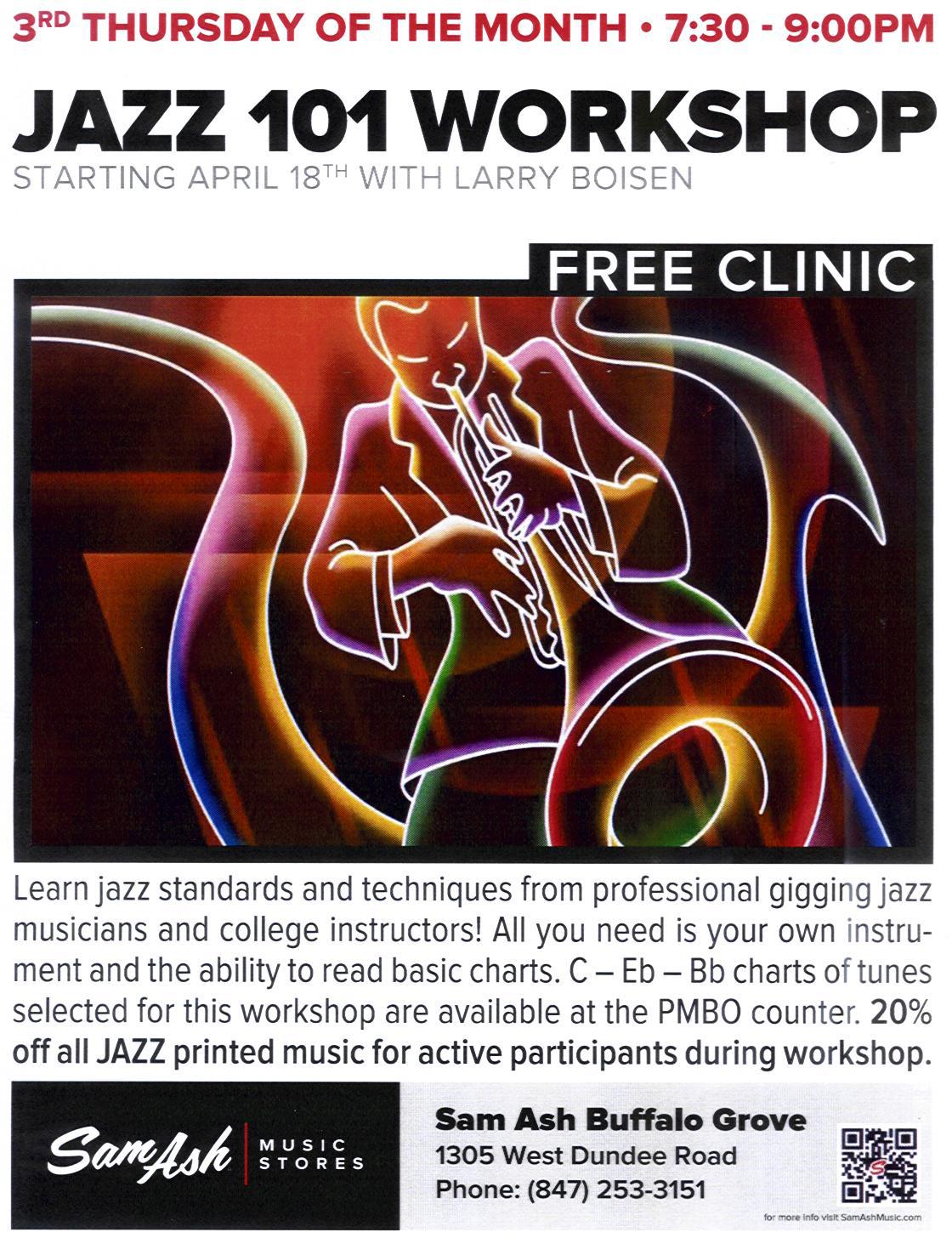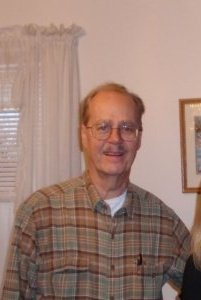
I very much enjoyed Walter Isaacson’s biography on Steve Jobs, so I bought his biography on Einstein. I was not disappointed. Isaacson seems to have found a pretty good niche as THE writer of biographies. Obviously, this is not a textbook on modern physics, but it is impossible, I feel, to do a proper biography on Einstein without delving into some of the scientific work that brought Einstein to prominence. It appears as though Isaacson shared the same sentiments. He does as good a job, as I think is possible, to make the nature of Einstein’s work understandable to most readers. He does this while also showing the very human side of Einstein. Although a rare genius, Einstein, at times, struggled with relationships and finances just like the rest of us.
Einstein was born in Germany, but was turned off by its militant attitude throughout his life and did most of his studying and best work in Switzerland. The biggest personal statement made about Einstein in the book is that he was a non-conformist and despised authority. This sometimes caused clashes with academics and politicians and likely kept him out of a teaching post after graduating from the Swiss Federal Polytechnic School in 1901. This led him to the patent clerk position in Bern that allowed him time to ponder and write his most famous papers on light quanta and relativity.
Einstein was unrivaled at creating thought experiments. He would create a scenario in his head, for example, of what a person would observe if he was standing in a closed, windowless box accelerating upward, from the person’s perspective, through space with a small bouncing ball versus what that same person would observe if he were in the same box that was stationary on earth. If the acceleration of the box was identical to the 9.8 m/s2 gravitational constant experienced on earth would the person in the box be able to tell the difference between moving through space and sitting stationary on earth? In the same box would a person be able to distinguish between floating in space versus falling due to gravity? The answer to both questions is “no” and it may seem somewhat intuitive, but this simple thought experiment helped Einstein create his General Theory of Relativity. He recognized that there is no difference between inertial motion and gravitational force. From this simple thought experiment, Einstein recognized that gravity warps spacetime. He then was able to create the math to back this assertion up.
Most of his theories started with similar thought experiments that he was then able to generate mathematical explanations for. None of his best known theories were generally acceptable at face value, however. Proving them correct often involved elaborate and expensive experiments. These experiments were usually conducted by other scientists as Einstein did not seem to have an interest in carrying them out on his own. He was proven correct time and time again and his theories changed the way physicists view and understand the universe.
Einstein’s most profound papers all came out in the same year – 1905. He wrote papers on the photoelectric effect, Brownian motion, the special theory of relativity, and the famous E = mc2 equation. He wrote all of these while a patent clerk in Bern. Each on its own was worthy of the highest praise. Four in one year is almost absurd and it came from someone outside of academia. Given his “outsider” status at the time of publication, some scientists were dismissive of his papers, but the ideas were so profound that they could not be ignored. Eventually, experiments were performed proving each theory correct. Einstein was awarded the Nobel prize for his work on the photoelectric effect where he asserted that photons that make up light are formed from discrete packets called quanta. He was not awarded the prize until 1922. It comes with a substantial monetary award which Einstein deferred to his first wife in exchange for a divorce that was granted years earlier.
It seemed odd to me that it took that long to award Einstein the prize. All of his papers in 1905 were probably worthy. I am guessing antisemitism may have played a role in delaying it. His papers did, however, get him noticed enough to earn him a PhD from the University of Zurich and a teaching role in the University of Bern.
Einstein remarried and seemed to enjoy life in Switzerland, but was offered a well-paying teaching position in Berlin at the Prussian Academy of Science. He remained there until the Nazis began assuming control of Germany, whereupon he left his birthplace never to return. A 1933 raid by Nazis on his summer home in Caputh was convincing proof that he was not safe in Germany. He eventually settled in Princeton, New Jersey and, outside of one trip to Bermuda, he never left the United States. Einstein was never very religious, but the situation in Germany made Einstein very aware of his heritage and awakened a kinship in him with fellow Jews. He used his celebrity to warn President Roosevelt of the Nazi intention to build a nuclear weapon. This triggered the US into building its own nuclear weapons. Einstein, often a pacifist, was believed to later regret his influence on bringing nuclear weapons into the world even though, beyond his work that led to the E = mc2 equation, he took no part in the actual design and building of the atomic bomb.
Einstein outlived his second wife by nearly two decades. For a great deal of that time he was officially retired from Princeton, but still kept an office and spent much of his time attempting to develop a unified theory. He was not successful in doing so and ultimately felt that such a task may not be achievable. He did feel that it was his responsibility to hunt for a solution. His thought was that a younger scientist needs to focus on more pragmatic problems because they need to prove and establish themselves. Wasting time on a problem that may not have a solution could cost a young scientist his livelihood. Einstein said he was satisfied with his legacy, his life was secure, and he had ample time to “waste” on endeavors that may not be fruitful. He felt it was his duty to do so.
Einstein eventually passed away shortly after his 76th birthday from a burst aortic aneurysm . Even on his deathbed he was scribbling formulas attempting to find a unified theory. His death made the front page of newspapers all over the world. To put a bizarre twist on Einstein’s story, during his autopsy, the medical examiner took it upon himself to extract Einstein’s brain. Apparently he did this without anyone else’s consent or instruction. He did not reveal he had done this until more than a decade later. He eventually gave out cross sections to those wishing to do research on it. To my knowledge, nothing meaningful has come of this research and fragments of Einstein’s brain still exist.
I did not seem to find a good place to put this information in my essay, but I thought it was also important to note that in addition to being a great scientist, Einstein was quite a good violinist and very much enjoyed listening to and performing music.








